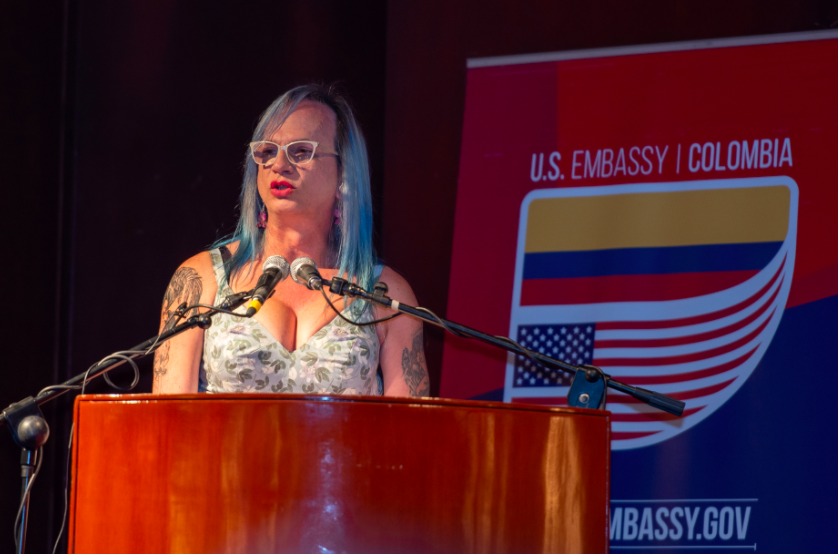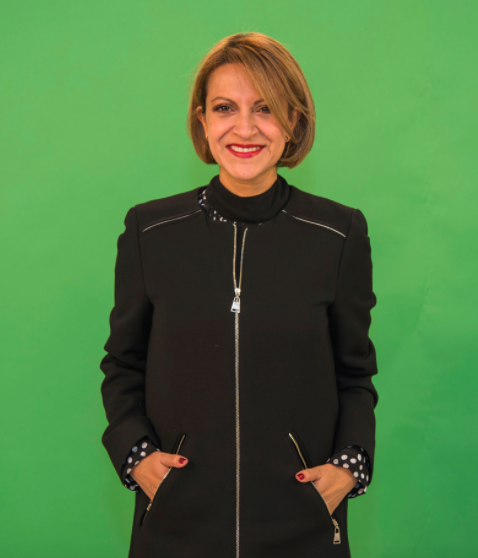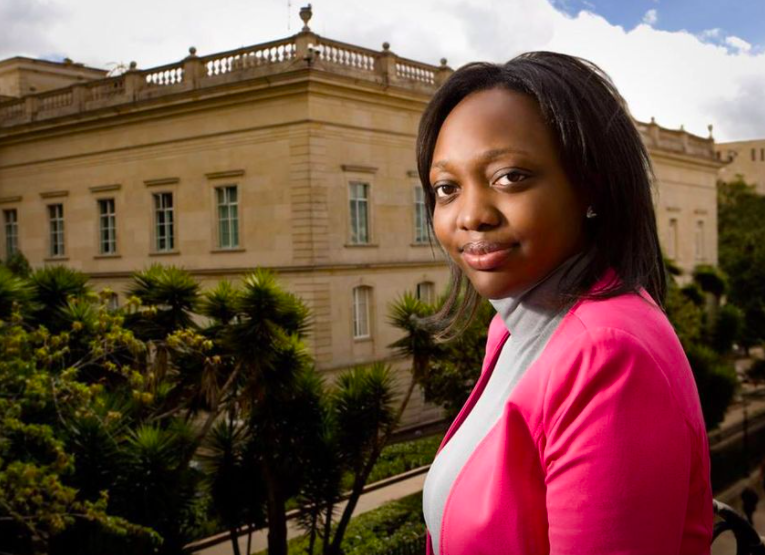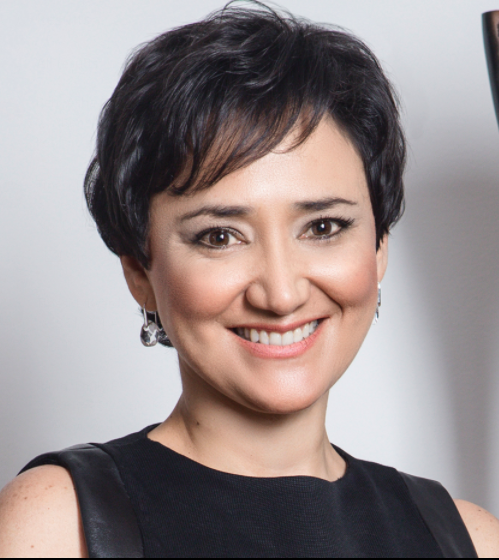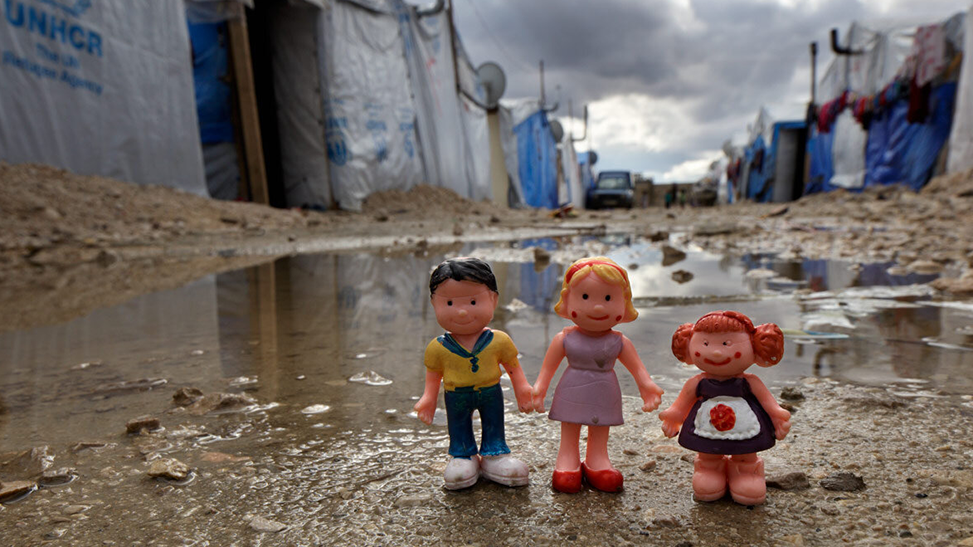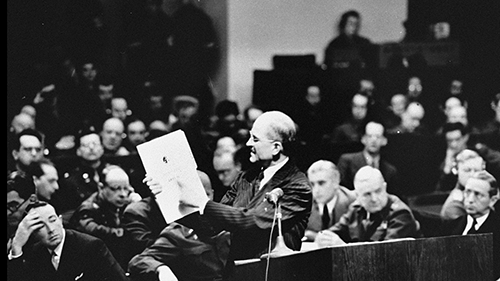U.S. and international exchange alumni gathered for the first-ever global TIES to strengthen democracies through media literacy education ahead of Media Literacy Week 2020.
When the Alumni Thematic International Exchange Seminar (Alumni TIES) program gathered for “Shaping the Global Narrative on Media Literacy,” the seminar experienced its first truly global assembly, with 55 participants from 39 different countries across six world regions. The COVID-19 pandemic necessitated a swift transition from an in-person to a virtual meeting – a change that allowed for a more international seminar and more diversity in the range of speakers and participants. In-depth conversations with media literacy experts, as well as representatives from the U.S. Department of State, helped to identify current challenges and strategize cross-regional solutions to strengthen democracies through media literacy education.
The five-day seminar, which took place October 5-9, 2020, was guided by expertise brought in by exchange alumna Michelle Lipkin and partnering organization National Association for Media Literacy Education (NAMLE). The seminar gave exchange alumni from a variety of professions – from university professors, primary school educators, local government employees, and journalists, to founders of small businesses and nonprofit organizations – an opportunity to share ideas on how best to tackle specific media literacy issues in their local communities. As participant Amy Galea from Australia said, it was great “to see and hear about the wonderful work from so many [Alumni TIES Global participants] all over the world, who are passionate and working hard on such a vital aspect of freedom.
Alumni TIES Goes Virtual
Throughout the inaugural virtual seminar week, the 55 alumni participants had the opportunity to connect with thought leaders and experts in media literacy and to learn more about the U.S. Department of State’s programs that reflect a commitment to countering disinformation and increasing media literacy education in their countries and world regions. Participants heard from experts from the National Association for Media Literacy Education (NAMLE), as well as representatives from within the private sector at Facebook, Tumblr, and NetFamilyNews who spoke about their respective organization's media literacy education initiatives and strategies for tackling misinformation.
During industry-specific breakout sessions, alumni also connected with representatives from PEN America, the Poynter Institute, ASU News Co/Lab at Arizona State University, PBS NewsHour Student Reporting Labs, MediaSmarts, I AM not the MEdia, Inc., New America, the Center for Information and Research on Civic Learning and Engagement (CIRCLE) at Tufts University, and the Center for Media and Information Literacy at Temple University on topics including cultivating diverse media representation and partnering with key stakeholders to advance media literacy in the political and educational arenas. These discussions helped to demonstrate why fair representation in the media is critical to public discourse and how we can teach youth and young adults to become more informed, ethical content creators.
The engaging conversations throughout the week, facilitated by Michelle Ciulla Lipkin, Executive Director of NAMLE, challenged participants to think about creating spaces to expand media literacy in limited internet access environments, lead educational workshops about the science of communication, develop intergenerational programs to increase digital skill capacity for people of all ages, and empower communities to be critical consumers, producers, curators, and sharers in the information ecosystem.
Alumni also had the chance to connect with speakers and one another in informal Zoom meetings to continue the conversation. During these sessions participants shared advice on tackling specific media literacy issues in their local communities, and pre-recorded workshop videos on the Alumni TIES Global website also allowed participants in different time zones to expand their knowledge and awareness, covering topics on identifying and countering hate speech, developing healthy online and offline engagement habits, and understanding the influence of media on children.
At the conclusion of the seminar week, senior producer at Reuters Fact Check Christina Anagnostopoulos spoke about using media literacy to navigate misinformation spread through social media, while emphasizing the importance of possessing a critical mind when distinguishing disinformation in a social media-focused world. Deputy Assistant Secretary for Policy Aleisha Woodward of the Bureau of Educational and Cultural Affairs at the U.S. Department of State concluded the seminar by speaking on how media literacy has the capacity to strengthen democracies around the world and how alumni from U.S. exchange programs are vital in the effort to expand and grow media literacy.
What’s Next?
This fall’s Alumni TIES left participants recharged as they seek to enact initiatives within their own communities by applying for an Alumni TIES small grant. Zoila Gonzalez, from Belize, noted that she found the shared resources, tools, and strategies vital for bringing awareness to media literacy and that she “learned a lot and will share these resources with educators and colleagues in [her] country.” Horacio Borgen, from Nicaragua, reflected on the events of the seminar, noting, “Learning, but above all implementing media literacy is a commitment that we have to make as a society, it is a way to develop as a country, it is our duty as citizens as well.”
This five-day seminar sparked a sense of excitement from a global network of exchange alumni working in media literacy to build on existing partnerships and continue to learn from one another. Imparted with knowledge to transform their own local communities, participants were equipped with skills and resources to evolve the landscape of media literacy education to be inclusive, far-reaching, and global.
Alumni Thematic International Exchange Seminars (Alumni TIES) are events exclusively for alumni of U.S. government-sponsored or funded exchange programs. These events provide an opportunity for exchange program alumni to learn about key regional issues, receive training, collaborate with fellow alumni, and apply for small grants to implement seminar-related projects in their home communities. Learn more about TIES, as well as past seminars here.



 Bianca Alvarado
Bianca Alvarado

